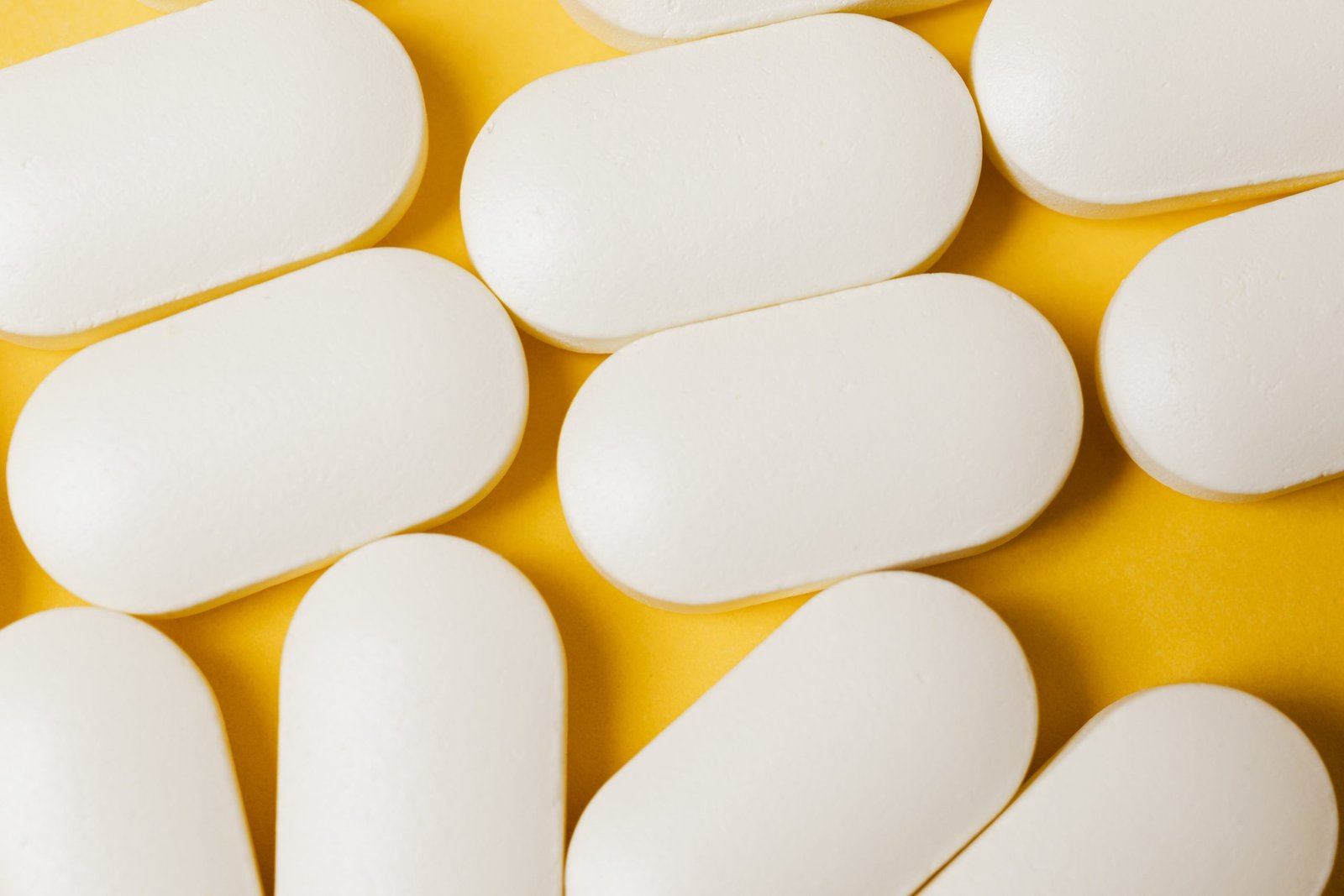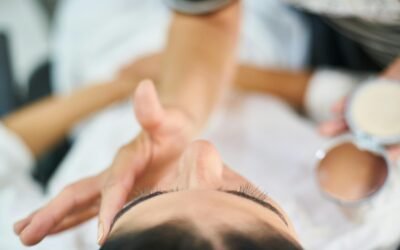Cystic acne is not fun to deal with at all, and it becomes even more frustrating if it still hasn’t cleared up for good after a course (or two) of Accutane. Accutane, Roaccutane or isotretinoin, is a powerful medication often prescribed to treat severe acne. While it has proven effective for many, some individuals experience a relapse a year or two after completing their treatment. If you’re considering taking roaccutane or have taken it and it didn’t work for long, this information should help you decide what to do next.
Understanding Accutane
Accutane is a derivative of vitamin A and belongs to a group of medications known as retinoids. It works by reducing the size and activity of the sebaceous (oil) glands in the skin, ultimately minimising oil production, speeding up skin cell turnover and helping to reduce inflammation. Reducing oil and increasing skin cell turnover helps to rebalance the skin microbiome, further helping to reduce acne lesions. However, while it is working on multiple causes of acne, it can come with some side effects.
Side Effects of Accutane
Accutane comes with a range of potential side effects, some of which can be severe. These may include dry skin, lips, and eyes, joint and muscle pain, elevated triglyceride levels, and, in rare cases, mood changes and depression. Due to these side effects, Accutane is typically prescribed cautiously and with close monitoring by healthcare professionals, and a comprehensive blood test is run to make sure the treatment is suitable. It’s usually the final medication offered after antibiotics or hormone-targeted treatments haven’t worked.
Relapsing after Accutane
For some individuals, acne can reappear after a period of clear skin following Accutane treatment. The rate of relapse is estimated in around 37% of people who take the medication, and on average, tend to relapse around ten months after the treatment. The reasons for relapse can vary, but if acne returns, it’s time to consider a more comprehensive approach to internal health.
How to take a holistic approach after Accutane
Internal factors that contribute to acne:
Blood Glucose Levels
Fluctuations in blood glucose levels have been found to contribute to acne. High glycemic index foods can spike blood sugar, increasing hormones such as insulin and testosterone, which trigger the sebaceous glands to produce more oil. This then exacerbates acne. If you were to focus on anything, balancing your blood glucose is the most essential step to take. You can learn more about it here.
Gut Health
The gut-skin connection is increasingly recognised in dermatology. Imbalances in gut bacteria can impact inflammation, the skin microbiome and skin barrier function. Increasing your fibre intake is the best way to encourage a diverse microbiome. You can also try probiotic foods to give you a good dose of beneficial bacteria. This includes things like kefir, kimchi, kombucha, sauerkraut and miso.
Nutrient Deficiencies
Deficiencies in essential nutrients, such as vitamins A, E, and zinc, can affect skin health. When looking into nutrient deficiencies, we need to be thinking about what has caused you to become deficient in the first place. The first step is to ensure you’re eating all your nutrients from food, and if you are and are still deficient, we need to investigate gut health to see if you’re digesting and absorbing nutrients correctly. However, if you have recently had a course of Roaccutane, I would avoid supplementing with vitamin A products for at least six months after the treatment. In the meantime, you can focus on ensuring your diet is nutrient-dense.
Stress Management
Chronic stress can trigger hormonal imbalances, affect gut health and alter the immune function, all of which can contribute to acne. Incorporate stress-reducing activities like mindfulness, meditation, or gentle exercise such as yoga and walks into your routine to promote overall well-being. If your skin is a big trigger for your stress (which is very common in people with skin conditions), I recommend looking into counselling, talking therapies or a referral from a GP to see a therapist. This can help manage thought processes, feelings and the stress response around our skin & bodies.
Thyroid Function
Thyroid disorders can impact skin health, and they’re commonly seen alongside sex hormone imbalances. Some signs of thyroid disorders can include fatigue, anxiety, issues gaining or losing weight, constipation, dry skin, and heavy periods. If you suspect thyroid issues, consult a healthcare professional for appropriate testing and management.
Inflammation
Chronic inflammation can manifest on the skin as acne. But we need to be thinking about what is causing the inflammation in the first place? Inflammation can be triggered in the body due to chronic infections, microbiome imbalances, fungal overgrowths, chronic stress, a poor diet, lack of sleep and blood glucose issues. However, you can incorporate anti-inflammatory foods like fatty fish, turmeric, and green tea, which may help reduce overall inflammation.
What to do next
While Accutane has been a game-changer for many in their battle with severe acne, it may not be a one-size-fits-all solution. If acne returns post-treatment, a holistic approach to look into internal health is crucial. Addressing factors like blood glucose levels, gut health, nutrient deficiencies, stress, thyroid function, and inflammation can contribute to clearer skin from the inside out. And we can do this together using comprehensive testing and in-depth consultations to understand what is driving your skin issues from the inside.
Remember, everyone’s body is unique, and what works for one person may not work for another. By combining external and internal strategies, you can work towards achieving lasting clarity and a healthier complexion.





0 Comments